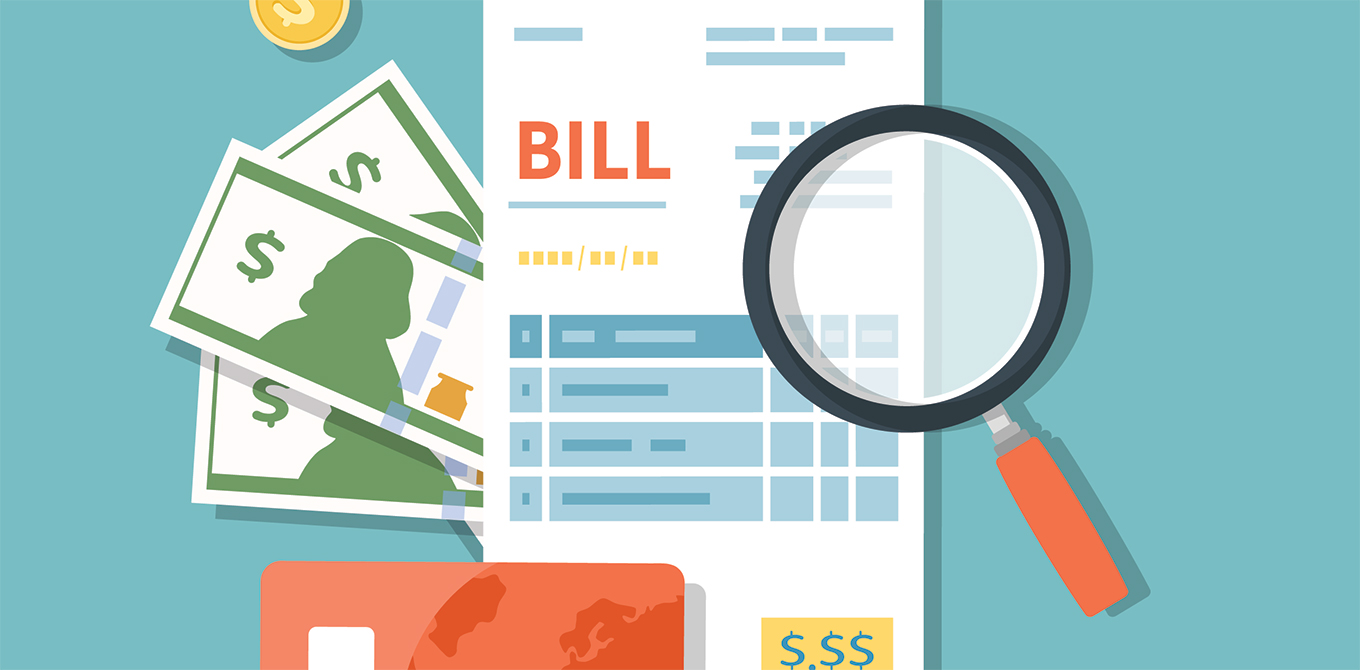What is buy now pay later?
As the holiday shopping season arrives, many retailers are offering the option to Buy Now Pay Later (BNPL). The latest digital payment trend, BNPL, makes it possible to break down almost any purchase into installment payments without using a credit card.
If you’ve bought anything online in the past year, you’ve probably seen the BNPL option at checkout. Also known as point-of-sale loans, BNPL options aren't new, but they grew in popularity during the pandemic as more people shopped online. In fact, research shows that Millennials' use of BNPL has more than doubled to 41 percent since 2019.
If you're considering using BNPL to spread out your holiday spending this year, take time to figure out how the payment system will work and how it might affect your budget over the long term.
How does BNPL work?
You'll have the option to use Buy Now Pay Later during the checkout process for most online purchases and at many brick-and-mortar stores. Instead of paying the full balance at check out, BNPL lets you break up your total purchase and pay a smaller amount at checkout and over time, usually a couple of months.
To take advantage of BNPL, you'll have to complete a short application which typically includes basic contact and identification information, as well as a payment method. Usually, your application will be approved or denied within seconds.
There are several different BNPL providers, including Affirm, Afterpay, Klarna, PayPal and Zip. Each one has different criteria and different types of payment plans. One of the most popular is a “Pay in 4" plan, which divides a purchase into four equal installments. The first installment is due at checkout, with the remaining three due every two weeks until the balance is paid.
- For instance, if your purchase is $200, you pay $50 at checkout and three remaining payments of $50 each, due every other week for the next six weeks. Some BNPL plans charge interest, but many do not. Most charge late fees of $7 or $8 if a payment is late.
How does BNPL affect your credit?
When you complete an application to use Buy Now Pay Later, your credit is not affected. Some BNPL providers do not perform credit checks, and others perform only soft credit checks, which do not affect your credit score.
However, when you “checkout” and open a point-of-sale loan, some providers report those loans to the credit bureaus. It's a good idea to do some research and find out whether the provider you're considering will report your BNPL loan to the credit bureaus before moving forward.
If the BNPL provider is reporting to credit bureaus, making your BNPL payments on time may help you build credit because payment history accounts for 35 percent of your credit score. However, if you get behind on the BNPL payments those late payments can cause significant damage to your score.
If you have several BNPL agreements reported to the credit bureaus, each one will show up as a separate loan. Because these are short-term loans that are closed once you pay them off, they can decrease the average age of your credit history—and the length of your credit history is responsible for 15 percent of your credit score. As a result, even if you're making your BNPL payments on time, having those short-term loans reported to the bureaus could lower your scores.
Is BNPL a good idea?
Like most credit products, BNPL can be a good fit for some people but not for others. Before opting for a point-of-sale loan, ask yourself these three questions:
- Can I afford to make the installment payments? Purchasing an item without paying full price can make it easy to spend more than you would otherwise. Before purchasing something over your budget, make sure you can make the installment payments to avoid any associated late fees.
- Will the provider report this loan activity? Check out the BNPL provider and the specific product you're considering. For example, some providers do not report “Pay in 4" products to the credit bureaus but do report other loan products to the credit bureaus. It's smart to understand what you're getting into and how it might affect your finances over the long term.
- How much will I have to pay above the price of my original purchase? Many BNPL providers do not charge interest—as long as you make payments on time. However, some providers charge interest up to 30 percent. If there's a possibility you may have trouble making payments on time, find out if interest is charged and what a late fee will be.
BNPL may be a great option for stretching out the costs of your holiday shopping but do your research before committing. Figure out if you can afford the payments and if the credit terms work for you. If you have any doubts about damage to your credit score or over-spending, it’s best to forgo the BNPL option.
Take time to examine your personal financial situation before you commit to a BNPL plan. It is one way to help you purchase items you need and if well-managed, can help you achieve your financial and personal goals.




